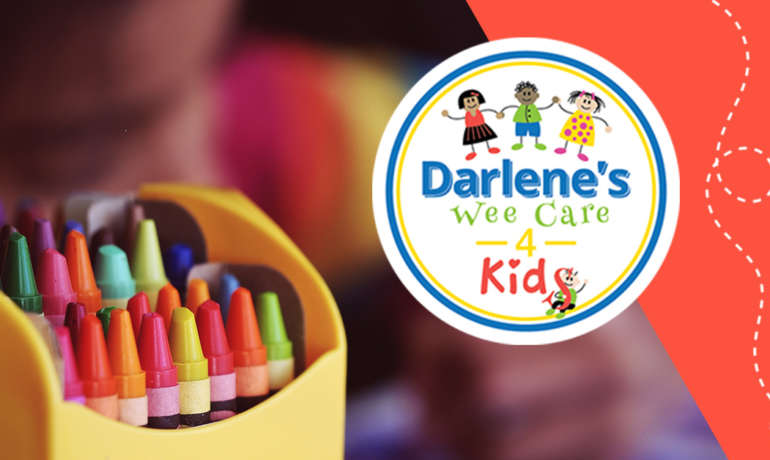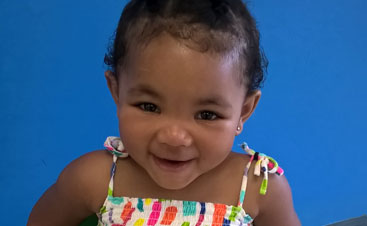Ah, boundaries. Whether the word conjures up a positive or negative image in your mind, the fact is that little children need boundaries and benefit from them. Parenting isn’t easy, and setting proper boundaries is one of the parts that doesn’t always come naturally. However, here at our day care in Upper Darby, we’ve noticed that children tend to thrive when they have healthy boundaries in their life. Here are some of the reasons why it’s important for children to have healthy boundaries, with a few tips on how to set them. Please note that the very youngest children need more boundaries than older ones. As they grow up, their boundaries can (and should) be given a wider girth and scope.
1. Boundaries make children feel safe.
There’s something about knowing where the boundaries are that makes children feel safe. If a little child doesn’t know where the boundaries are, they will push and push until they find where the boundaries are. Once a young child knows that a boundary is immovable, they generally tend to stop pushing. However, if a child never encounters where the boundaries are, they experience a vague insecurity that can lead to behavior problems. It’s as if children instinctively know that there should be boundaries.
2. Boundaries help children to feel that the world is predictable.
If there is a boundary one minute (“You’re not allowed to do this”) and it’s gone the next (“OK, ok, you can do this after all”), children will develop a theory that the world is unpredictable, and this contributes to insecurity and acting erratically. Adults who always follow through on what they say (with kindness, gentleness, and firmness) can help a child to grow up with a healthy outlook and accurate understanding of the world. We recommend that as a parent, you attempt to be a “solid object” that can’t be ruffled, agitated, or moved by your child’s behavior, as they will push on the boundary to see if it’s solid.
3. Boundaries help children to interact with others in a healthy way.
It hurts to be told no or not get your way, even as an adult. However, if a child learns that they can reverse a no and change it into a yes by throwing a temper tantrum, they could potentially learn patterns of interacting with others that are not healthy. These patterns will either have to be dealt with later in life or they will cause damage to your child’s interactions with their future peers, boss, and/or spouse.
Tips for setting boundaries for young children
- Setting boundaries (and sticking to them) should never be done in a way that is mean, ugly, or angry.
- You never actually need to raise your voice in enforcing a boundary. You can calmly remind the child in a kind tone of voice that such and such is not acceptable and redirect their action into the course that they ought to take.
- Don’t backtrack or go back on your word. This may require you to not say something that you don’t have the authority or ability to enforce.
Set your child up for success with proper, healthy, wholesome boundaries. They might not thank you now, but they’ll be grateful later. For nurturing, positive day care in Upper Darby, choose Darlene’s Wee Care 4 Kids today. Schedule your tour and enroll your child.



